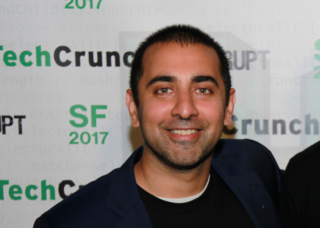A Quote by Craig Venter
I wrote an editorial piece in 'Science' about the nightly data release and how I thought it was bad for science as a field, I think a few years before Celera was formed.
Related Quotes
The whole point of science is that most of it is uncertain. That's why science is exciting--because we don't know. Science is all about things we don't understand. The public, of course, imagines science is just a set of facts. But it's not. Science is a process of exploring, which is always partial. We explore, and we find out things that we understand. We find out things we thought we understood were wrong. That's how it makes progress.
There is so much information that our ability to focus on any piece of it is interrupted by other information, so that we bathe in information but hardly absorb or analyse it. Data are interrupted by other data before we've thought about the first round, and contemplating three streams of data at once may be a way to think about none of them.
There are certain kinds of people who write science fiction. I think a lot of us married late. A lot of us are mama's boys. I lived at home until I was 27. But most of the writers I know in any field, especially science fiction, grew up late. They're so interested in doing what they do and in their science, they don't think about other things.
The only way to have real success in science, the field I'm familiar with, is to describe the evidence very carefully without regard to the way you feel it should be. If you have a theory , you must try to explain what's good and what's bad about it equally. In science, you learn a kind of standard integrity and honesty .
When I got to MIT, I discovered a really interesting Master's program called the Science and Technology and Policy Program - it taught people with a background in STEM how to think about science and tech from a policy perspective. It was a great way to understand how to communicate science to a policymaker or a layperson.





































